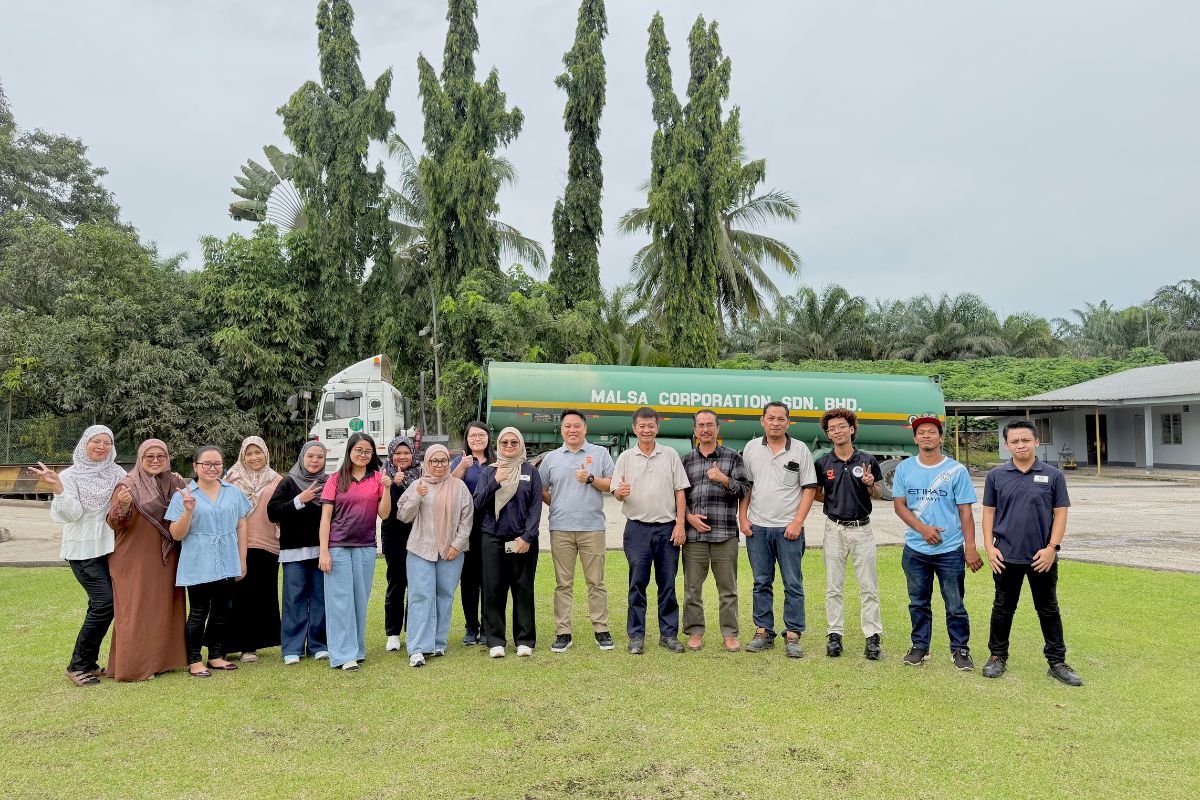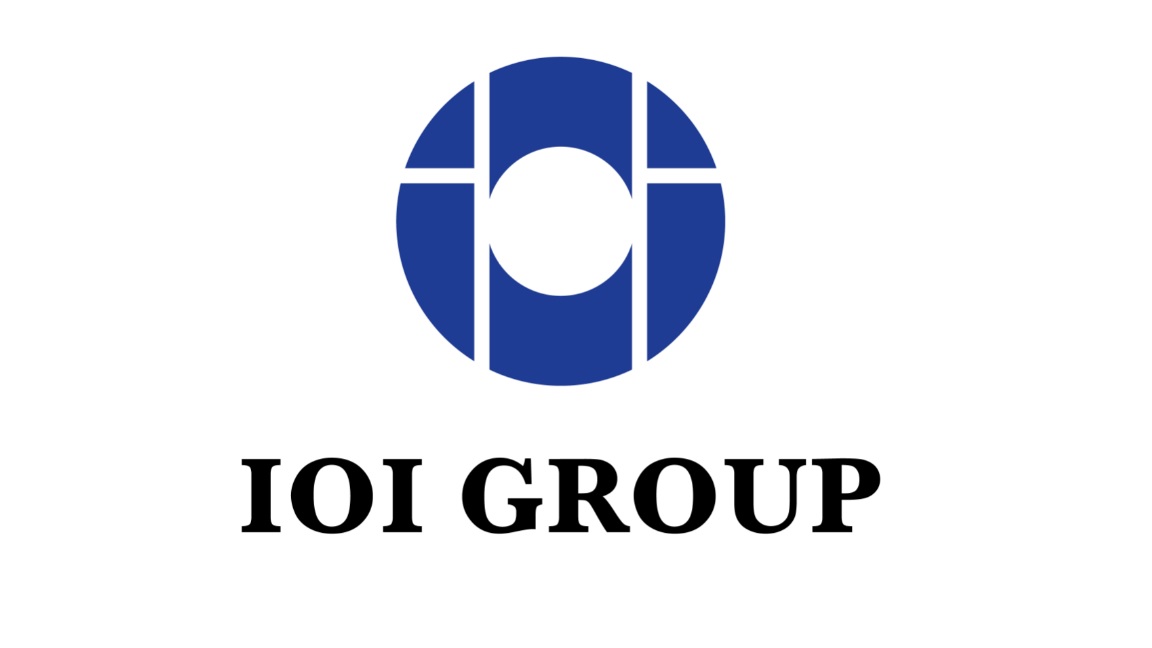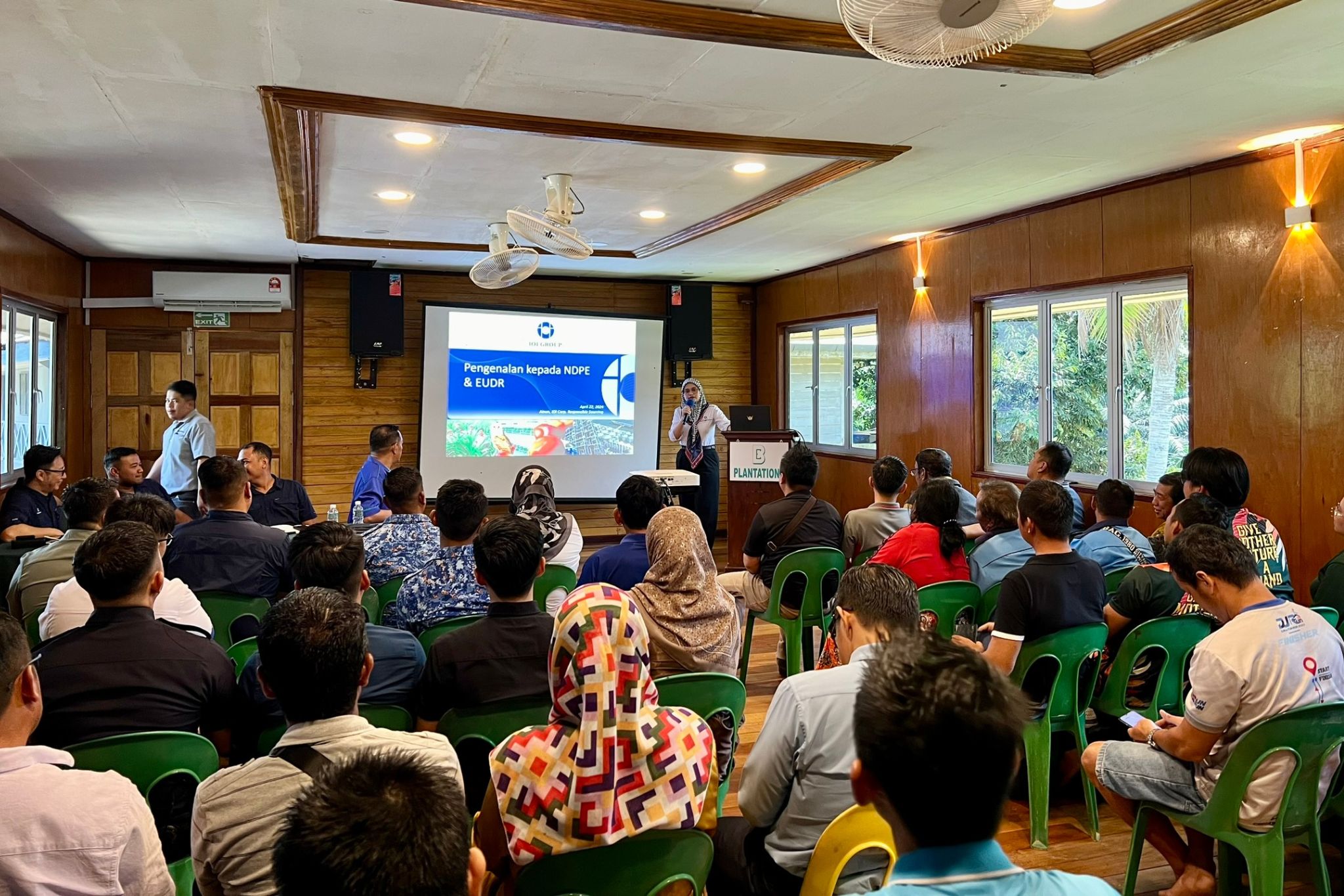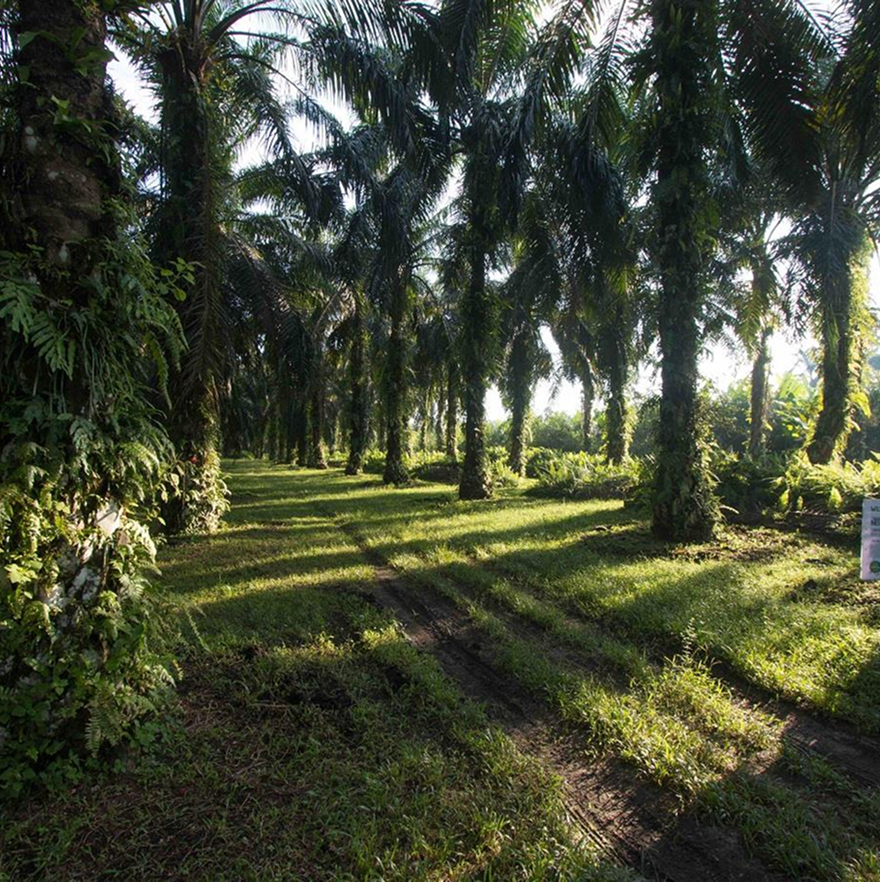

Palm Oil Dashboard and Traceability
IOI’s Palm Oil Dashboard was launched online in December 2016. The Palm Oil Dashboard presents key information relating to our operations and suppliers. Furthermore, maps of our refineries and mills, as well as the latest news and relevant links are also available on the Palm Oil Dashboard.
172,107 Ha
Planted Area
192,560 Ha
RSPO Certified
168,797 Ha
MSPO Certified
Average CPO Yield
4.31 MT/Ha
(Industry Average = 3.14 MT)
326 Supplying Mills
94 Direct Sourcing
232 Indirect Sourcing
As at December 2024

Origin of Our Oil
Mills Assessment on NDPE Compliance
Palm Oil Traceability
Tracing the origins of our oil allows us to monitor and engage with our suppliers to ensure a more transparent and sustainable supply chain. IOI’s three-step palm oil verification approach requires that all mills and refineries in the supply chain disclose information such as GPS coordinates and ownership groups.
Traceability to mill and plantation
- Trace the mills supplying to refineries and collect the traceability to plantation data from the mills.
Mill assesment and prioritisation
- Request the supplying mills to complete NDPE compliance assesment and analyse their responses. Develop a prioritisation profile by incorporating the inputs from the assesment, TTP data collection, deforestation threat analysis, previous engagements and also based on the volume supplied.
Mill engagement
- Focus on engaging mills falling under high priority category followed by medium and low priority. Utilise the supplier assessment analysis to plan the engagement activities.
To further enable IOI to strategise in a more holistic way in responding to the potential climate risks, IOI conducted a quantitative group-wide climate change assessment forecasting climate scenarios for climate impact valuation.

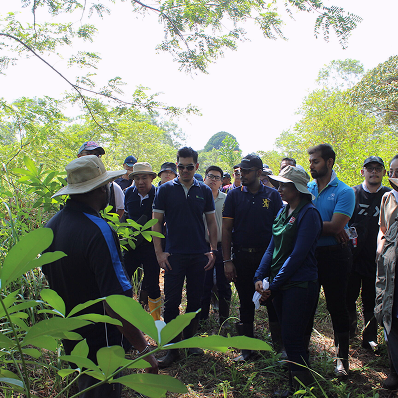
Engagement with Suppliers
IOI engages with new suppliers through a Pre-Qualification and screening process as articulated here to ensure the new suppliers meet IOI’s sustainability requirements. New suppliers are screened using social and environmental criteria to meet the essential NDPE commitments. IOI will not approve any new suppliers that are unable to commit to these requirements.
For existing suppliers, IOI has implemented and communicated a proactive mill-level programme. This programme supports the supplier companies to adopt sustainable practices that adhere to IOISP commitments whilst providing guidance and resources towards the adoption of sustainability best practices.
Non-compliance with IOISP will trigger engagement and if required, corrective action plans and re-evaluation of commercial relationships for repeated failures.

